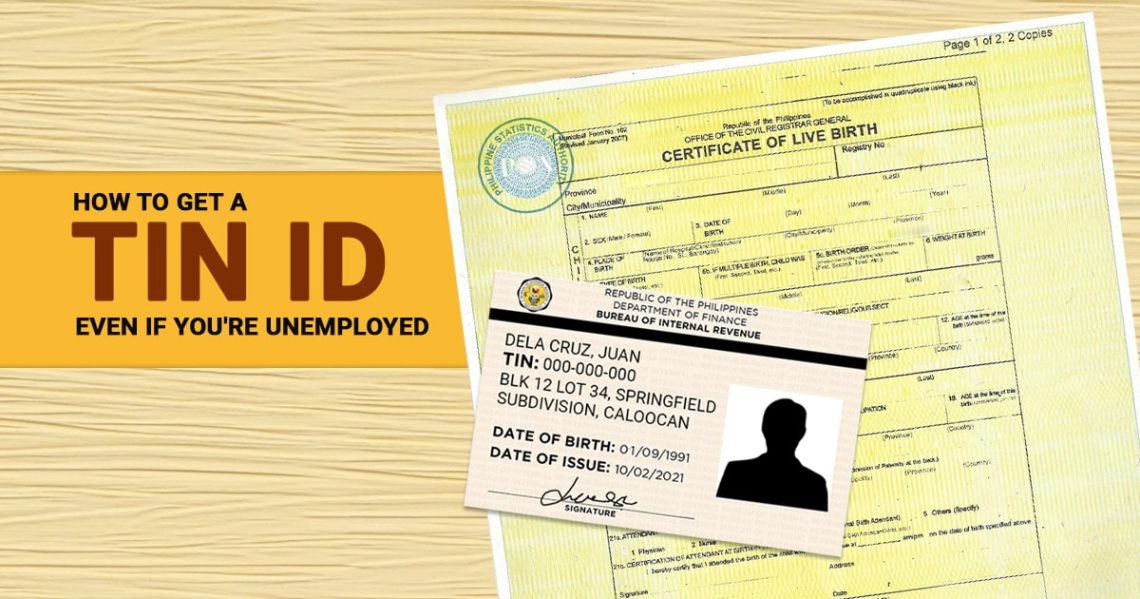Demystifying the Tax Identification Number (TIN)
Embarking on the journey of understanding the intricacies of tax compliance and filing can feel like navigating uncharted waters. At the helm of this voyage is the Tax Identification Number (TIN), a nine-digit code that plays a pivotal role in the labyrinth of the Internal Revenue Service (IRS). This comprehensive guide aims to unravel the mysteries surrounding TINs, their significance, and the various types that exist.

Understanding the Tax Identification Number (TIN)
What is a TIN? A Tax Identification Number, commonly known as a TIN, is a unique set of nine digits used by the IRS as a tracking number. It is a mandatory piece of information on all tax returns filed with the IRS. Unlike Social Security numbers (SSNs), which are issued by the Social Security Administration (SSA), all other U.S. tax identification numbers are directly issued by the IRS. It’s important to note that foreign tax identifying numbers (foreign TINs) are not issued by the IRS but by the respective country where the non-U.S. taxpayer pays taxes.
The Significance of TIN
Mandatory for Tax Returns: The TIN, also referred to as a taxpayer identification number, is mandatory for anyone filing annual tax returns with the IRS. This unique identifier is crucial for tracking taxpayers, and filers must include the number on tax-related documents and when claiming benefits or services from the government.
Beyond Taxes: TINs are not only essential for tax-related purposes but also play a pivotal role in other aspects of an individual’s or entity’s financial life:
Credit Applications:
Banks and lenders require Social Security numbers on credit applications. This information is relayed to credit bureaus to ensure accuracy in credit history tracking.
Employment Authorization:
Employers require an SSN from individuals applying for employment to verify their authorization to work in the United States.
State Agencies:
Businesses require state identification numbers for tax purposes, issued by state taxing authorities.
Types of Tax Identification Numbers (TIN)
Social Security Number (SSN): The most common TIN, the SSN, is issued to U.S. citizens, permanent residents, and certain temporary residents by the SSA. It is crucial for legal employment, receiving Social Security benefits, and other government services.
Individual Taxpayer Identification Number (ITIN): The IRS issues the ITIN to certain nonresident and resident aliens, their spouses, and dependents ineligible for SSNs. It is formatted similarly to an SSN and always begins with a 9.
Employer Identification Number (EIN): The EIN is used by the IRS to identify corporations, trusts, and estates for tax purposes. It is nine digits and free to obtain, necessary for reporting capital gains and income for taxation purposes.
Adoption Tax Identification Number (ATIN): Applicable to domestic adoptions when adoptive parents cannot obtain the child’s SSN promptly. The child must be a U.S. citizen or permanent resident.
Preparer Tax Identification Number (PTIN): Required by the IRS for individuals charging to complete all or part of a tax return for another person. The use of PTIN became mandatory from Jan. 1, 2011.
TINs in Different Countries
Almost every country utilizes TINs for various purposes. For example, Canada employs Social Insurance Numbers (SINs), and countries in the European Union also use TINs to identify taxpayers and facilitate financial transactions.
Do You Need a TIN?
You’ll need a TIN if you’re authorized to work in the United States, plan to file taxes with the IRS, or wish to take advantage of government benefits or services. Businesses and organizations also require TINs to report taxes and run day-to-day operations.
Obtaining Your TIN
You can obtain a TIN by applying directly to the relevant agency. Social Security numbers are acquired through the SSA, and ITINs or business-related TINs can be obtained directly from the IRS. Be cautious when providing personal information online and ensure the legitimacy of websites offering TIN-related services.
In the intricate web of tax regulations and financial transactions, the Tax Identification Number serves as a compass, guiding individuals and entities through the seas of compliance. Whether you are a U.S. citizen, a nonresident alien, a business owner, or an adoptive parent, understanding the nuances of TINs is crucial for smooth navigation through the channels of taxation and financial dealings. As you embark on your journey through the fiscal waters, may this guide be your trusted companion, demystifying the TIN and ensuring a secure and compliant voyage.






